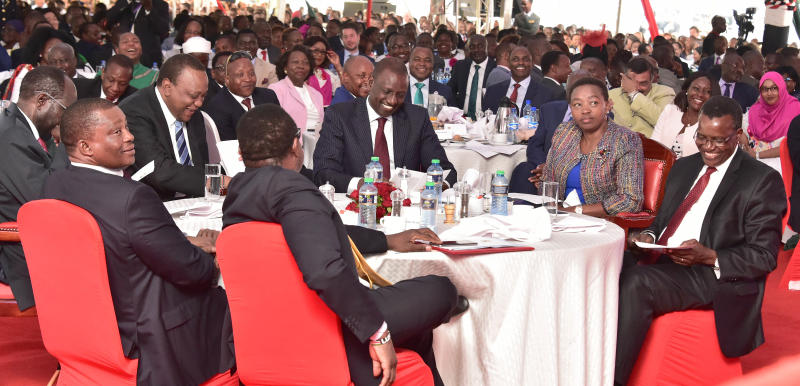
The nation once again stopped last Thursday to look up to God in prayer. The 2019 National Prayer Breakfast brought together the top leadership from various sectors of society for a time of supplication and thanksgiving to God. Though not unique to Kenya, the prayer breakfast has become a special occasion when Kenyans set aside their differences and in united faith, invoke God’s divine benevolence upon the land. In times past, we have seen great acts of God derive from these meetings.
Unfortunately, as time goes by, some are beginning to question the benefit of this national event. Such cynicism derives from the fact that in spite of this annual fete, nothing seems to be changing for the better. Corruption continues unabated, drought and famine are annual phenomena, and the angel of death seems to be sweeping across the land with mysterious murders and suicides. Hence the question: should our leaders continue to shut down the nation in order to engage in an exercise in futility?